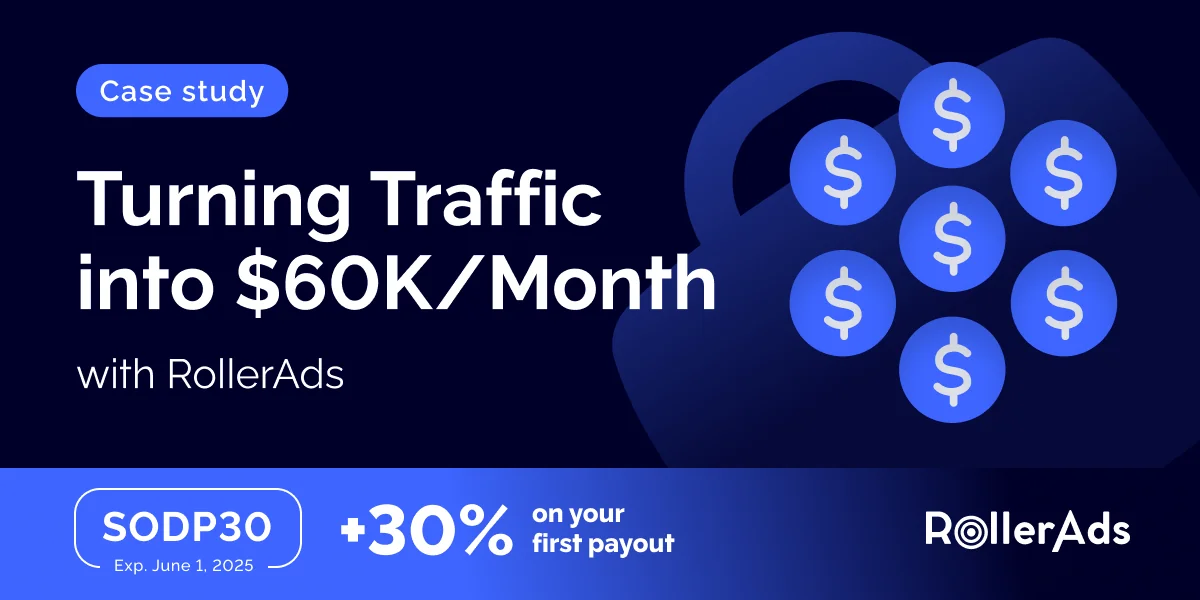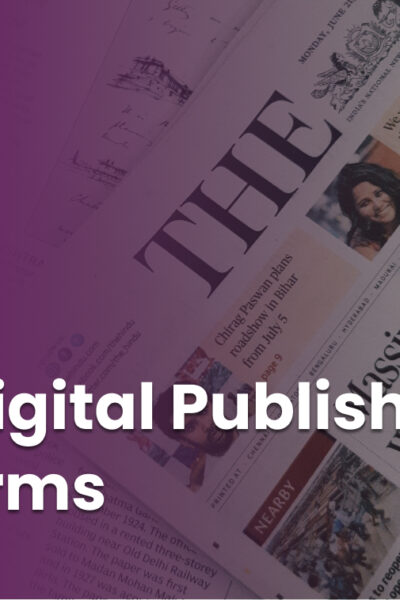In November 2023, State of Digital Publishing (SODP) hosted PubTech2023 – an online event for digital publishing and news media professionals.
This article is based on the summary of key learnings of a presentation by Matt Lawson, Publisher Success Manager at Ezoic.
Being a publisher has become more and more involved over the years. Between CMP, SSL, Site Speed tools, ad inserters, specific ad types, SEO strategies and more, publishers must rely on more third-party technologies to get the job done. This can be costly and result in an ever-growing CSS and JS code surplus on sites across the industry.
Can the rise of AI reduce this third-party reliance, slowing sites to a crawl and allowing publishers more time to focus on content?
The Rise of Plugins
There are currently 55,000 WordPress plugins available to install. This goes to show just how massive the plugin industry is. The industry experienced such successful growth because it offers a user-friendly way to customize and extend the capabilities of websites.
However, this dependency on plugins can also be costly – especially for smaller publishers. Plugins tend to come with additional software, premium subscriptions, and monthly fees. With an average monthly price at $20-$30 and a website using, say, 15 plugins, the publisher ends up paying over $5,000 in yearly fees. That’s before domain, hosting, SSL, and email service fees.
This can cause smaller publishers that are teetering on the edge of profitability to no longer be able to stay in this game because they’re completely priced out by the very tools that they rely on to have a functioning site. It might also not be a choice. These themes can be costly and make it very difficult to switch out of.
That’s compounding the problem we’re facing with these plugins: publishers find all-in-one solutions too expensive, but going with individual solutions with multiple plugins also adds up over time.
AI vs Plugins
Content Creation
Manual workloads are something that AI is really useful for and good at. Tools like ChatGPT can assist in brainstorming and content creation. Ezoic offers a solution called Wordsmith – a free AI tool that helps create not just content but articles – that means it includes headings, sub-headings, focuses, different styles, etc.
Website Builders
Passing Core Web Vitals (CWVs) is incredibly important for publishers, especially for small publishers and solo webmasters trying to get their site off the ground. Passing CWVs will improve search engine ranking and organic traffic. Very often, it’s the page builders that prevent publishers from passing CWVs. While they enhance the aesthetics, they do so using extra Javascript and CSS code inserted in the page.
Similarly, contact forms can load additional code and negatively impact CWVs. This dilemma between creating a nice-looking website and not wanting to compromise the organic traffic prompted many publishers to look into simpler setups.
Ad Implementation
Monetization can seem overwhelming for small publishers. Monetization plugins offer an easy way to integrate advertising monetization channels. Unfortunately, over time, we’ve started to see that a lot of these monetization plugins that are the easiest to access also end up being the ones that do not stick to Google’s guidelines, which can result in unregulated ad quality and high ad density. Removing a strike against a site on Google Ad Manager is extremely difficult, which makes using plugins for ad monetization highly risky.
In addition to potentially being unsafe, plugins are oftentimes static – they do not adapt well to different visitors.
One alternative is having direct ad orders – negotiating directly with advertisers.
AI offers an opportunity to personalize every visitor’s ad experience – the number of ads, the size, the format, etc. This can have a huge impact on publishers’ ad revenue. It balances plugin-based and direct ad orders-based advertising (speed vs. quality).
Can AI Replace Every Plugin?
Not yet, but AI is starting to give plugins a run for their money. AI has already made some social media plugins obsolete, for example. AI-driven SEO tools display a significant advantage over generic SEO tools – they eliminate the need to mind data to discover what’s relevant to a publisher’s content.
Content from our partners
However, AI can’t do everything yet – e.g., firewalls or antibot systems will always need a human touch. Performance optimization plugins can have an AI assistant to say which changes may be needed on a site, but they cannot deliver performance optimization independently.
Therefore, publishers need to use AI to find a balance – identify which plugins are negatively impacting a site’s performance and monetization without eliminating all plugins (which, oftentimes, can be impossible – especially for small publishers).
Watch the full session:
Download the ebook of learnings from PubTech2023 here.












